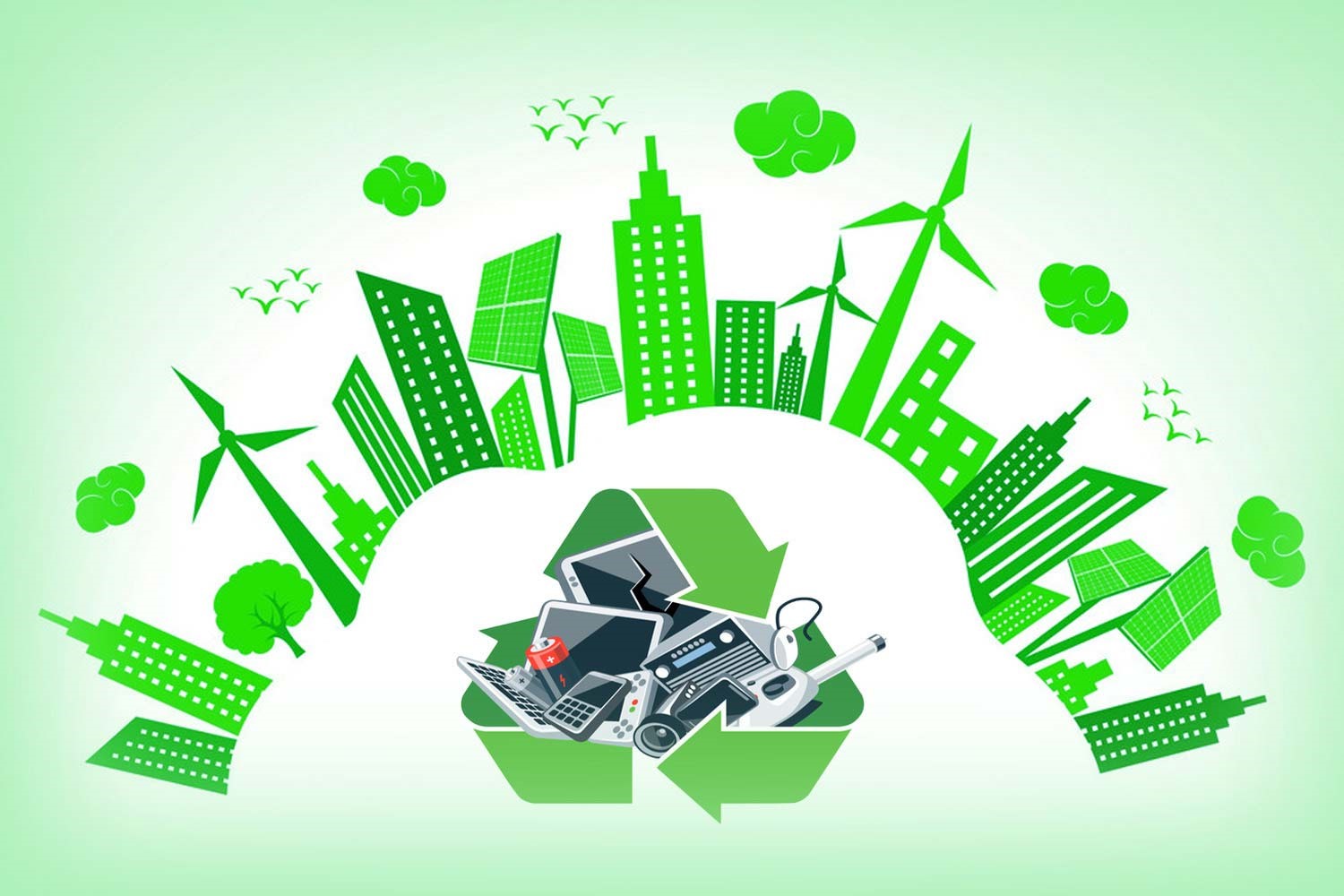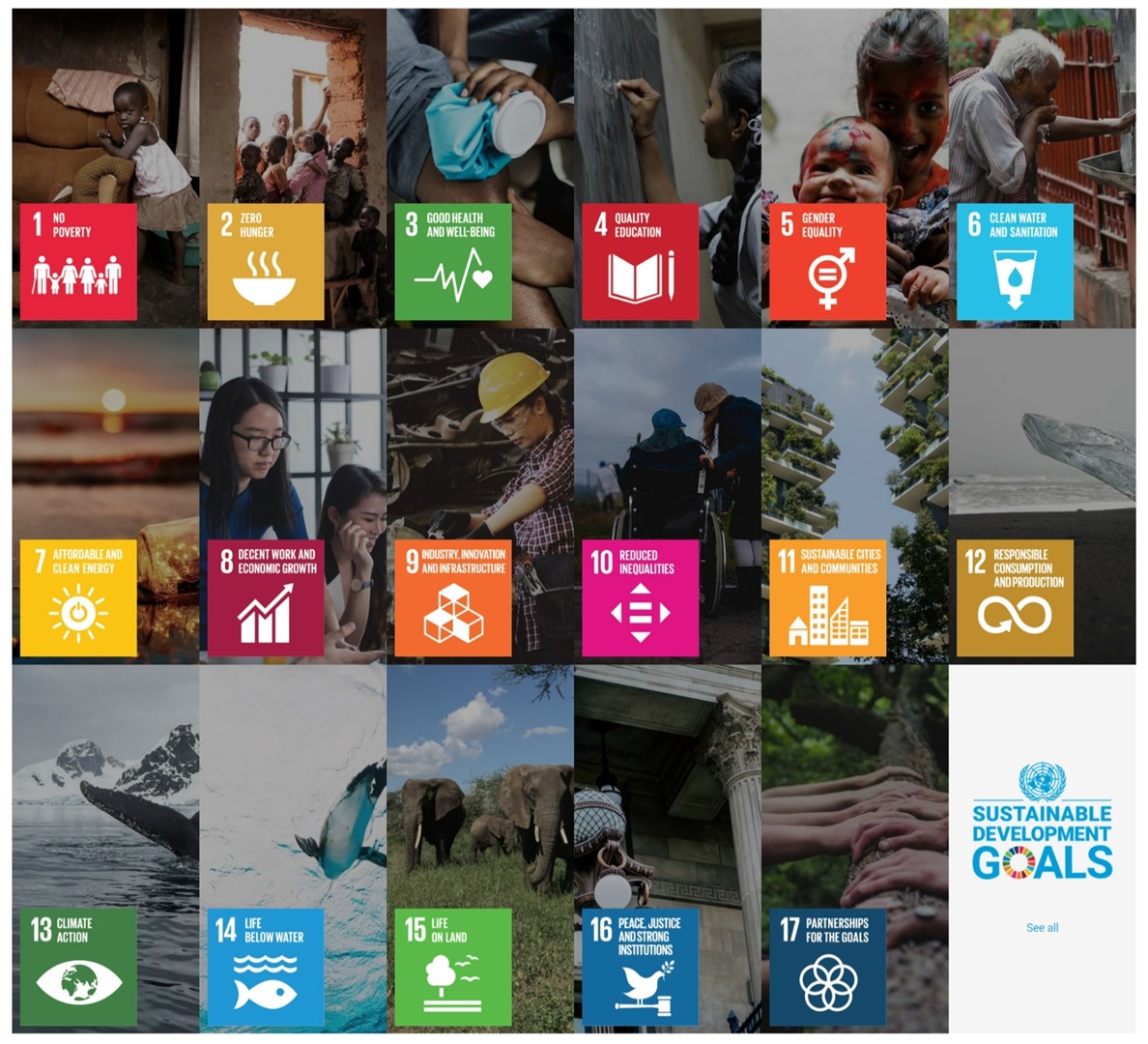
成为世纪绿色与可持续科技俱乐部(GSTC)的一份子--在这里,学生领袖们利用科技的力量来应对全球挑战,并推动联合国可持续发展目标(SDGs)的进展。
数据对于知情决策和监测实现可持续发展目标的进展情况至关重要。大数据分析、人工智能和机器学习等数字技术可以帮助收集、分析和解释数据,为政策和决策提供依据。
移动电话和互联网等数字技术有助于向服务不足或偏远地区提供医疗保健、教育和金融服务等基本服务。
数字技术可以更有效地利用资源,减少浪费,促进材料的回收和再利用,从而有助于促进可持续的生产和消费模式。
数字技术可以通过促进创业、便利市场准入和提供数字技能发展机会,帮助推动包容性经济增长。
数字技术可以帮助获取信息、加强公民参与、提高透明度和问责制,从而增强社区的能力。
我们的使命是利用技术和创新应对全球挑战,推动可持续发展。
我们努力增强学生和个人掌握基本数字技能的能力,培养协作精神,并为当地和全球社区带来有意义的变化。
可持续发展目标(SDGs)是联合国大会于 2015 年为 2030 年制定的 17 项全球目标的集合。这些目标旨在应对全球范围内的各种社会、经济和环境挑战,包括贫困、不平等、气候变化、生态退化、和平与公正。可持续发展目标为各国和各组织提供了一个合作框架,以实现更加可持续和公平的未来。

优质教育(可持续发展目标 4):
Arduino 工作坊提供电子、编程和机器人方面的实践学习体验。它们可用于教授 STEM(科学、技术、工程和数学)学科,以引人入胜的方式进行实践,从而提高教育质量并促进终身学习机会。
工业、创新和基础设施(可持续发展目标 9):
Arduino 讲习班鼓励参与者设计和创建自己的电子设备、原型和物联网解决方案,从而促进创新。这有助于发展当地的技术能力、基础设施和创业精神。
可持续城市和社区(可持续发展目标 11):
基于 Arduino 的项目可以解决城市和社区面临的各种挑战,如智能能源管理、废物管理、水资源保护和环境监测。例如,参与者可以创建用于空气质量监测的智能传感器,或开发用于可持续农业的自动灌溉系统。
气候行动(可持续发展目标 13):
Arduino 项目可以为提高能源效率、监测可再生能源、减少温室气体排放和适应气候变化开发解决方案,从而为气候行动做出贡献。例如,参与者可以制作太阳能设备或气象站来收集环境数据。
目标伙伴关系(可持续发展目标 17):
Arduino 工作坊通常涉及教育机构、行业合作伙伴和社区组织之间的合作。这种伙伴关系有助于知识共享、技术转让和能力建设,从而为实现可持续发展目标做出集体努力。
性别平等(可持续发展目标 5):
电子竞技和游戏社区正通过鼓励更多女性参与游戏比赛、创建包容性游戏空间以及打击网络骚扰和毒性,努力促进性别平等。
工业、创新和基础设施(可持续发展目标 9):
游戏推动了硬件、软件和网络基础设施的技术进步。它促进了虚拟现实、人工智能和数字娱乐领域的创新,改善了各行各业的发展。
减少不平等(可持续发展目标 10):
游戏和电子竞技可以将不同背景的人聚集在一起,通过提供平等的竞争机会,以及基于技能和成绩而非社会地位或背景的认可,促进社会包容,减少不平等现象。
可持续城市和社区(可持续发展目标 11):
电竞活动和电竞社区创造了充满活力和包容性的社区,促进了文化交流,并推动了大型电竞比赛和活动举办城市的旅游业和经济活动。